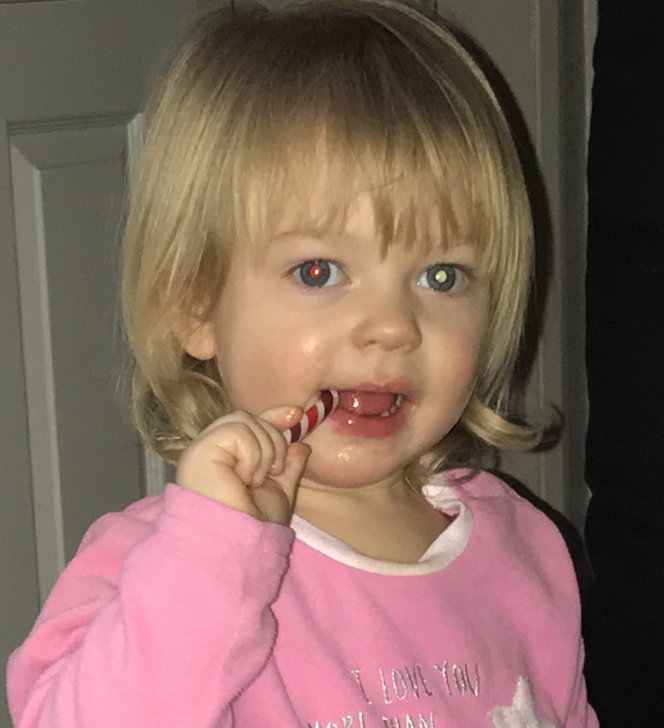Squint eye cancer link reminder

Retinoblastoma is rare but aggressive
As part of National Eye Health Week (21-27 September), the Childhood Eye Cancer Trust (CHECT) is asking eyecare practitioners to ensure that every new onset squint, even in very young children, is examined to rule out any serious underlying conditions.
An online survey of 1,014 parents with children aged up to six years old, conducted by MMR Research Worldwide in August/September 2020, found that 32 per cent of respondents thought a squint or ‘lazy eye’ was ‘definitely not’ or ‘probably not’ a symptom of childhood eye cancer.
However, data gathered by CHECT from the parents of 268 children diagnosed with retinoblastoma (Rb) in the UK in 2012 to 2019, has shown that a third presented with a squint.
Patrick Tonks, CHECT chief executive, said: “Retinoblastoma is a rare, aggressive eye cancer, which affects babies and children under the age of six. We know squints are not uncommon in this age group, but it is crucial that every new onset squint, even in very young children, is checked to rule out Rb.
“If your practice does not examine babies and small children, ensure the parents understand that urgent arrangements must be made for the child to be examined elsewhere – another optometrist or ophthalmologist who does examine young children, or their GP.
“If Rb cannot be ruled out, an urgent referral must be made. Around 98 per cent of children diagnosed with Rb will survive, but more than half will lose an eye in order to save their life, so urgent referral and early diagnosis is vital to save a child’s sight, eyes and life.”
The main presenting symptoms of children diagnosed with Rb in the UK between 2012 and 2019 were:
· Leukocoria/white glow in the eye (see image): 70 per cent
· Strabismus/squint: 33 per cent
· Change in colour of iris: 12 per cent
· Redness or swelling without infection: seven per cent
· Loss of vision: seven per cent
· Roaming eyes/child not focusing: five per cent
· Absence of red eye: one per cent
One child a week in the UK is diagnosed with retinoblastoma, says CHECT. For more information, visit the CHECT website.
Read a case study here, about five-year-old Nancy Smith, who was diagnosed with retinoblastoma after family members noticed she had developed an intermittent squint.